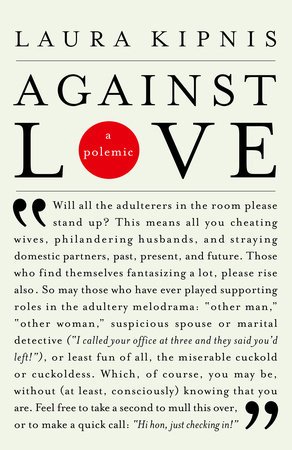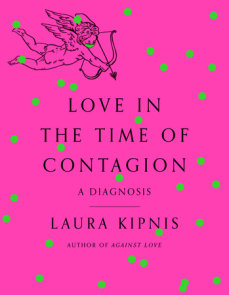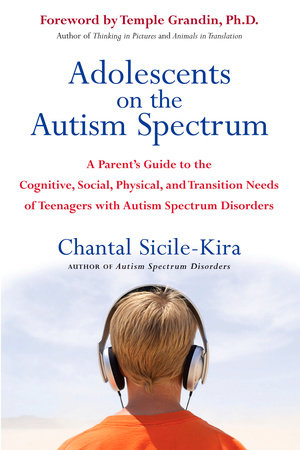

Against Love
By Laura Kipnis
By Laura Kipnis
By Laura Kipnis
By Laura Kipnis
Category: Nonfiction
Category: Nonfiction

-
$19.00
Sep 14, 2004 | ISBN 9780375719325
-
Jan 16, 2009 | ISBN 9780307510747
YOU MAY ALSO LIKE

Among Grizzlies
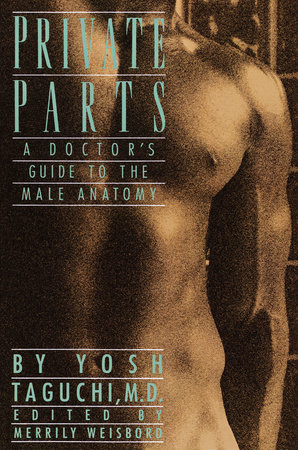
Private Parts
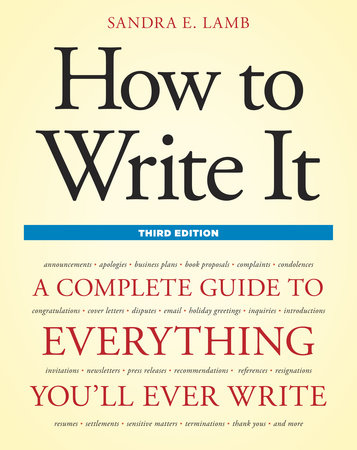
How to Write It, Third Edition
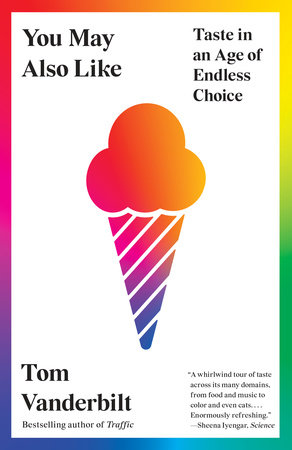
You May Also Like
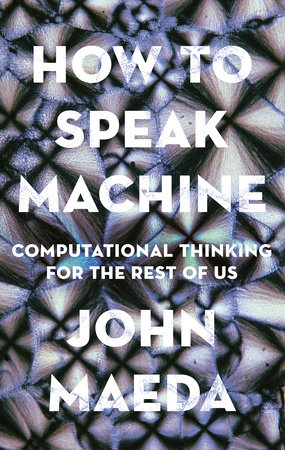
How to Speak Machine

A Famous Dog’s Life
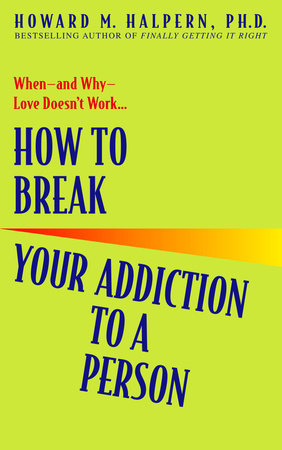
How to Break Your Addiction to a Person
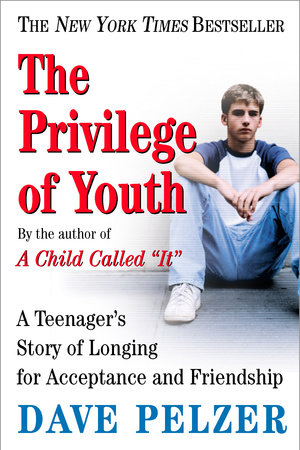
The Privilege of Youth
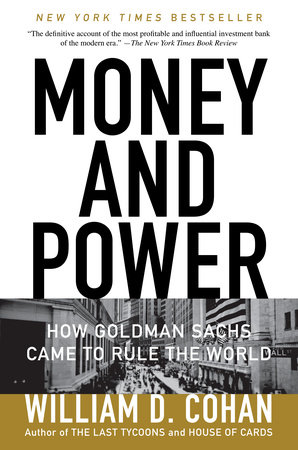
Money and Power
Praise
“Engagingly acerbic … extremely funny…. A deft indictment of the marital ideal, as well as a celebration of the dissent that constitutes adultery, delivered in pointed daggers of prose.” –The New Yorker
“It’s about time someone blew apart our idealistic notions about relationships and love.” –New York Post
“A timely, entertaining cherry bomb of a book…. Smart, witty and withering.” –The Boston Globe
“Wonderfully clever, deliciously written…. Kipnis blends journalistic pizazz and philosophical nerve … Whether you agree or not, Kipnis’ crackling colloquial style keeps Against Love rollicking forward, often hilariously…. It’s hard to imagine even the fiercest champion of wedded bliss not enjoying the provocations of this book.” –Philadelphia Inquirer
“If you think of ‘family values’ as something more, better and different from simply loving the people in your family, avoid this book for fear of apoplexy.” –The Washington Post
“Reading Against Love, I felt invigorated half the time and plunged into the deepest, most morose pit of self-pitying despair the rest of it– in other words, I felt as if I were in love. This seems to have been Kipnis’s aim.” –Salon
“In this ragingly witty yet contemplative look at the discontents of domestic and erotic relationships, Kipnis … combines portions of the slashing sexual contrarianism of Mailer, the scathing antidomestic wit of early Roseanne Barr and the coolly analytical aesthetics of early Sontag…. With a razor-sharp intelligence and a gleeful sense of irony, Kipnis dismantles the myths of romance surrounding monogamy.” –Publisher’ s Weekly
“Wittily invigorating…. [Kipnis] possesses the gleeful, viperish wit of a Dorothy Parker and the energetic charisma of a cheerleader. She is dead-on about the everyday exhaustion a relationship can produce.” –Slate
“A person would need a heart of stone not to rejoice at the drubbing [Kipnis] delivers…. Funny and astute … much of the writing is informed and bracing, amplifying ideas about social control derived from Engels, Marx, Nietzsche, Freud, Weber, Raymond Williams, Foucault and Adam Phillips.” –Chicago Tribune
“[Kipnis is] a talented social satirist.” —Weekly Standard
“Against Love is a wonderfully provocative book, daring and incisive, written with verve and no small amount of humor. It raises a thousand questions most of us lack the courage to ask, about domestic life and even the meaning of the human enterprise, while remaining at every instant a delight to read.” –Scott Turow
“Kipnis’ s treatise reads like a brisk, sophisticated novel about the beginning, middle and end of an adulterous affair….[A] bravura book.” –Times Literary Supplement (London)
“This book is trouble … and the worst thing is that Kipnis is so convincing. A vastly entertaining and smart work of social criticism. Kipnis demonstrates her brilliance at the [polemic] form … playing a heretic in the chapel of love. An unsettling and witty deconstruction of love and marriage.” –NPR, Fresh Air
21 Books You’ve Been Meaning to Read
Just for joining you’ll get personalized recommendations on your dashboard daily and features only for members.
Find Out More Join Now Sign In






